AeroGenie — 您的智能副驾驶。
热门趋势
Categories
Emirates Introduces Cryptocurrency Payments in Aviation
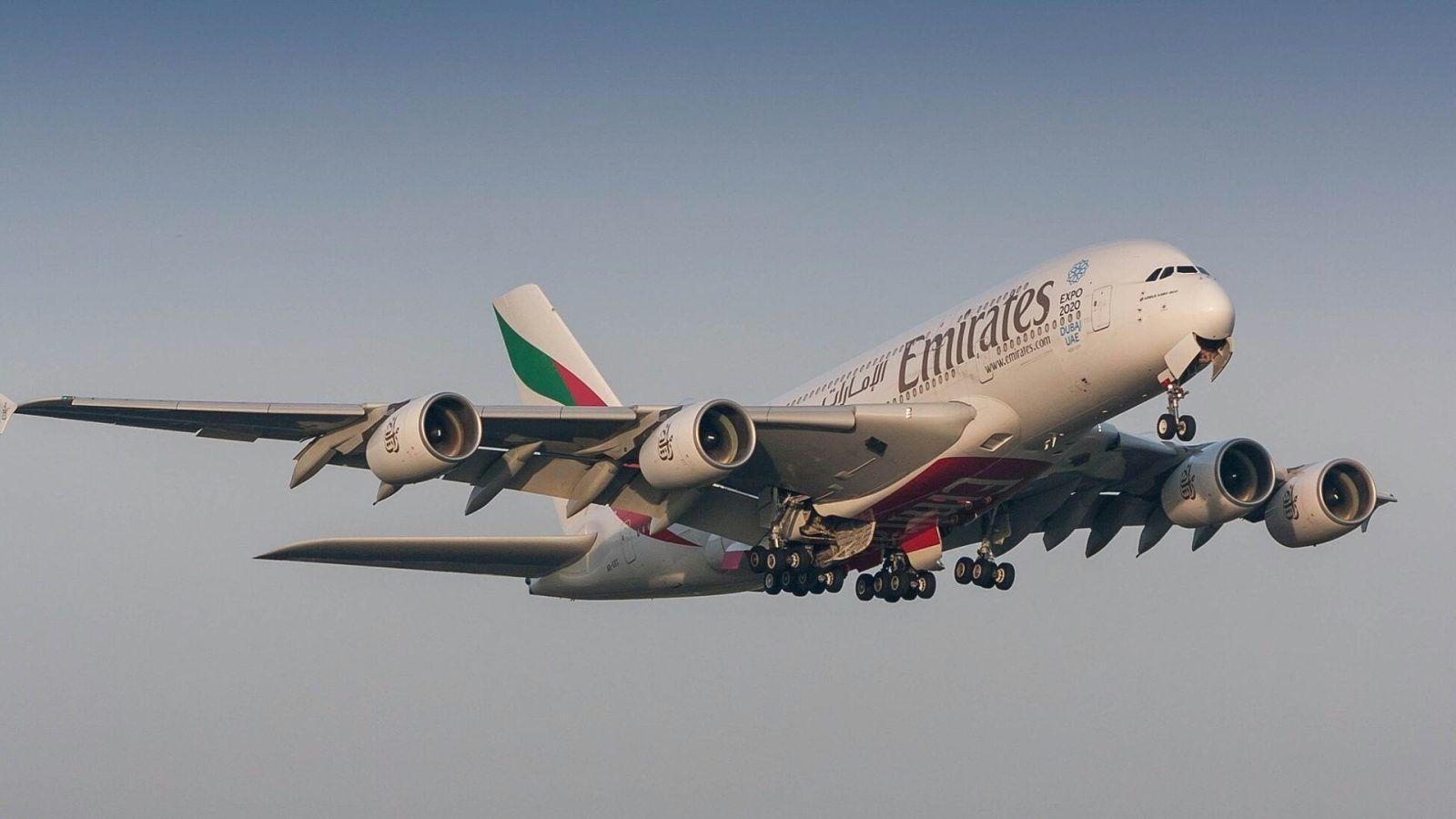
Emirates Introduces Cryptocurrency Payments in Aviation
Emirates is poised to become one of the first major airlines to accept cryptocurrency payments, following a strategic partnership with Crypto.com. This initiative represents a significant milestone in the aviation sector’s ongoing digital transformation and aligns with Dubai’s ambition to establish itself as a global hub for cryptocurrency and digital finance.
Integration of Crypto.com Pay into Emirates’ Payment System
Beginning in 2026, Emirates will integrate Crypto.com Pay into its payment infrastructure, initiating pilot phases prior to a full-scale rollout. This phased implementation is designed to allow comprehensive testing and optimization, ensuring a seamless transition for both the airline and its customers. A central feature of the system is the real-time conversion of cryptocurrency payments into UAE dirhams (AED) based on current exchange rates. This approach aims to mitigate the volatility commonly associated with cryptocurrencies while maintaining compliance with local regulatory requirements. Customers will thus be able to conduct secure and efficient transactions without exposure to foreign exchange risks.
Targeting Emerging Traveler Demographics
The adoption of cryptocurrency payments by Emirates is driven by a strategic focus on attracting younger, tech-savvy travelers who increasingly prefer digital currencies over conventional payment methods. By offering cryptocurrency as a payment option, Emirates seeks to enhance its appeal to this demographic, which is playing a pivotal role in shaping the future of commerce and travel.
Dubai’s Vision for Digital Finance Leadership
This partnership is consistent with Dubai’s broader vision to become a leader in digital finance. The city’s Virtual Asset Regulatory Authority (VARA) has established clear regulatory frameworks for virtual assets, encouraging businesses to adopt cryptocurrency payments while ensuring compliance and security. This regulatory clarity has already facilitated adoption across various sectors, including real estate, telecommunications, and tourism.
Operational Advantages and Industry Challenges
For Emirates, the introduction of cryptocurrency payments offers several operational benefits. These include lower transaction fees compared to traditional payment methods, which can reduce costs for both the airline and its customers. Additionally, faster transaction settlements are expected to improve cash flow and operational efficiency. The integration of crypto payments is also anticipated to enhance the customer experience by streamlining processes related to booking, retail, and loyalty programs.
Nonetheless, the initiative faces notable challenges. Regulatory compliance remains complex amid evolving global standards for cryptocurrencies. Consumer acceptance poses another obstacle, as some travelers and traditional financial institutions remain cautious about digital currencies. Furthermore, technological integration will require robust systems to ensure security and reliability.
Implications for the Aviation Industry
Emirates’ move may prompt competitors to explore similar payment innovations or upgrade their existing systems to maintain a competitive advantage. The increasing use of stablecoins for international payments highlights the potential for reduced transaction costs but also underscores ongoing concerns regarding volatility and regulatory uncertainty. Crypto.com is concurrently exploring broader integrations across the travel sector, aiming to establish a universal cryptocurrency payment layer that could simplify transactions industry-wide.
As airlines seek to future-proof their operations, Emirates’ initiative sets a precedent that could accelerate the adoption of digital currencies in aviation, contingent upon the industry’s ability to navigate the associated risks and challenges.
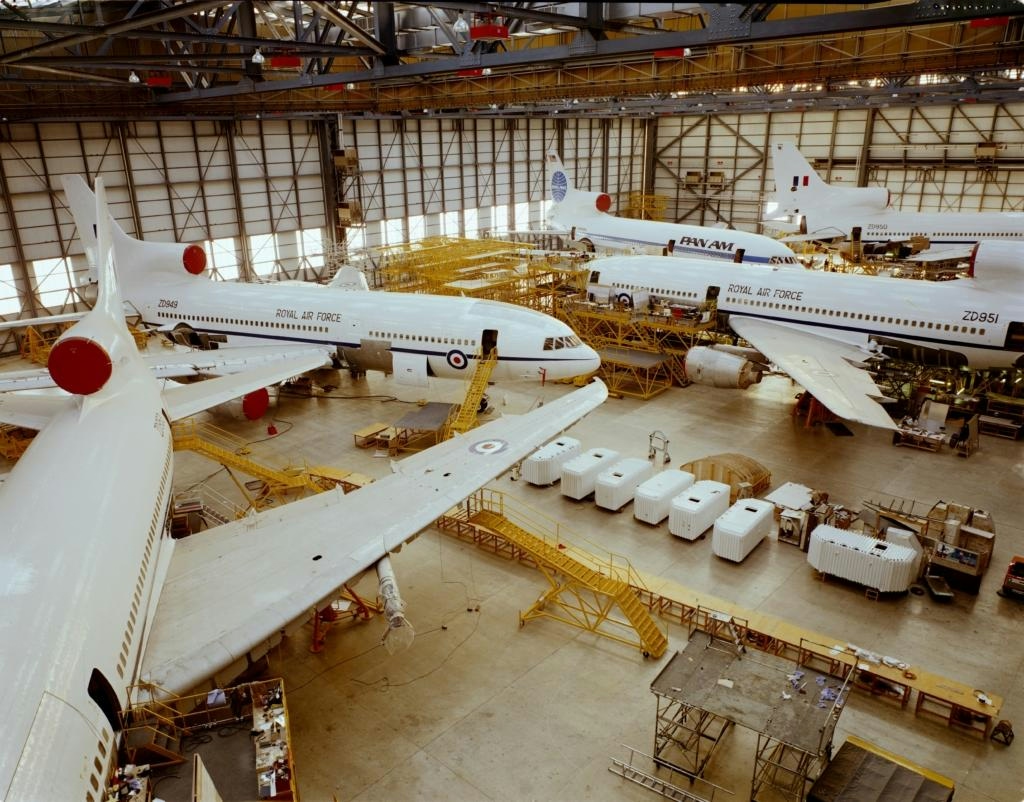
Marshall Aerospace’s 115-Year Evolution from Cars to C-130s

Advancing Sustainable Aviation Goals for 2050

Sabre Introduces New AI-Driven Platform

Photo of the Day: Special Delivery
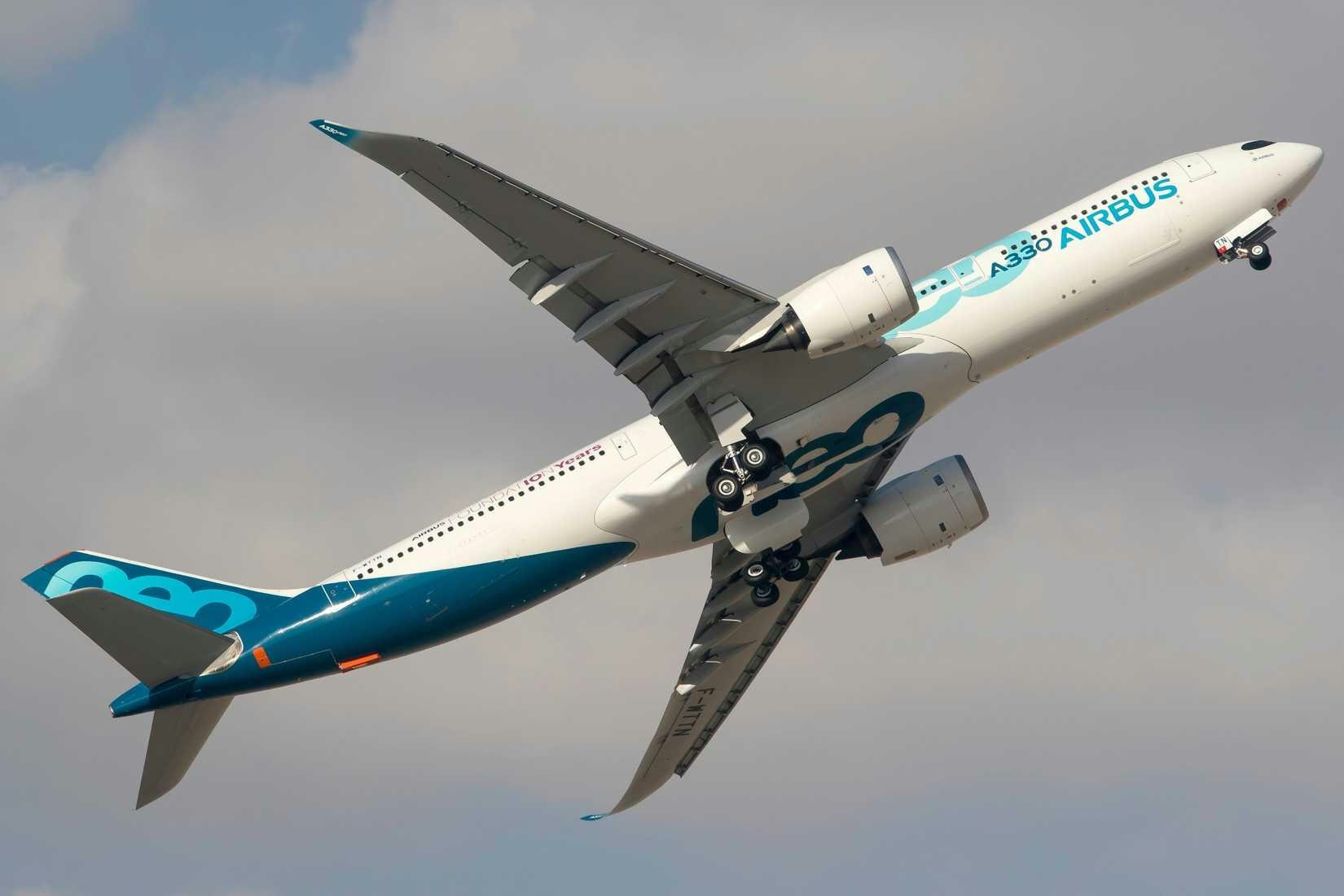
GOL CEO Confirms Possible Arrival of A330neo Widebody Aircraft

American Airlines donates APU to AIM Chicago for student training
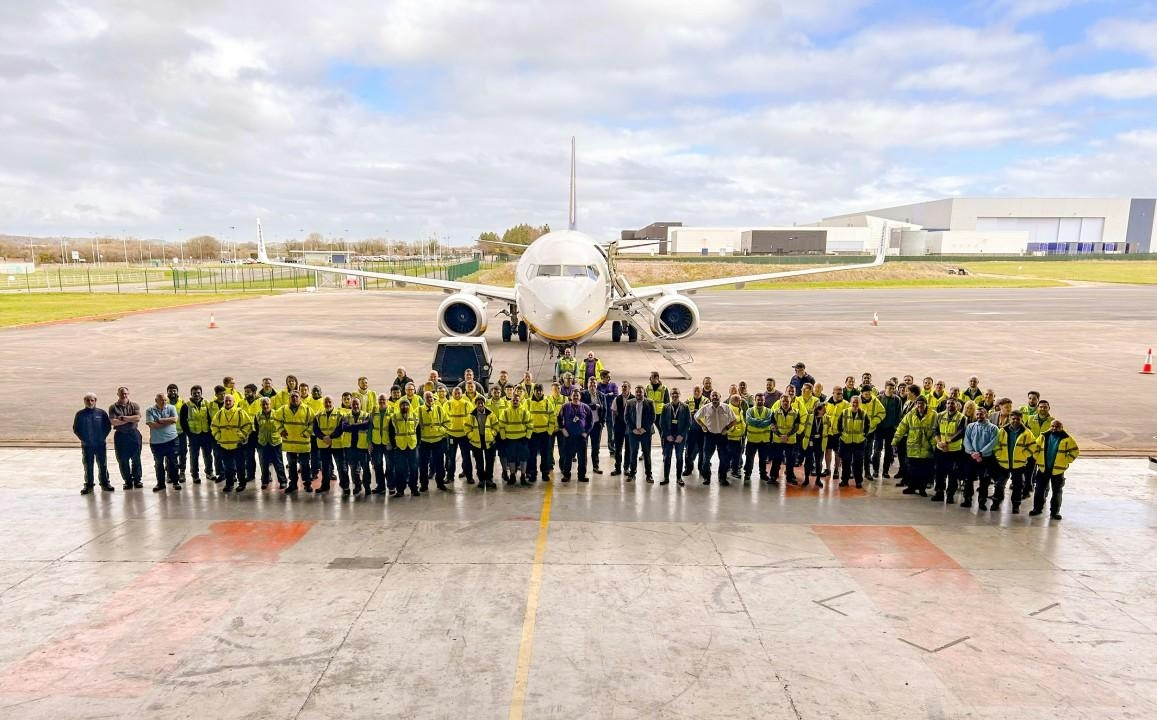
Steer Appointed Base Maintenance Manager at Caerdav
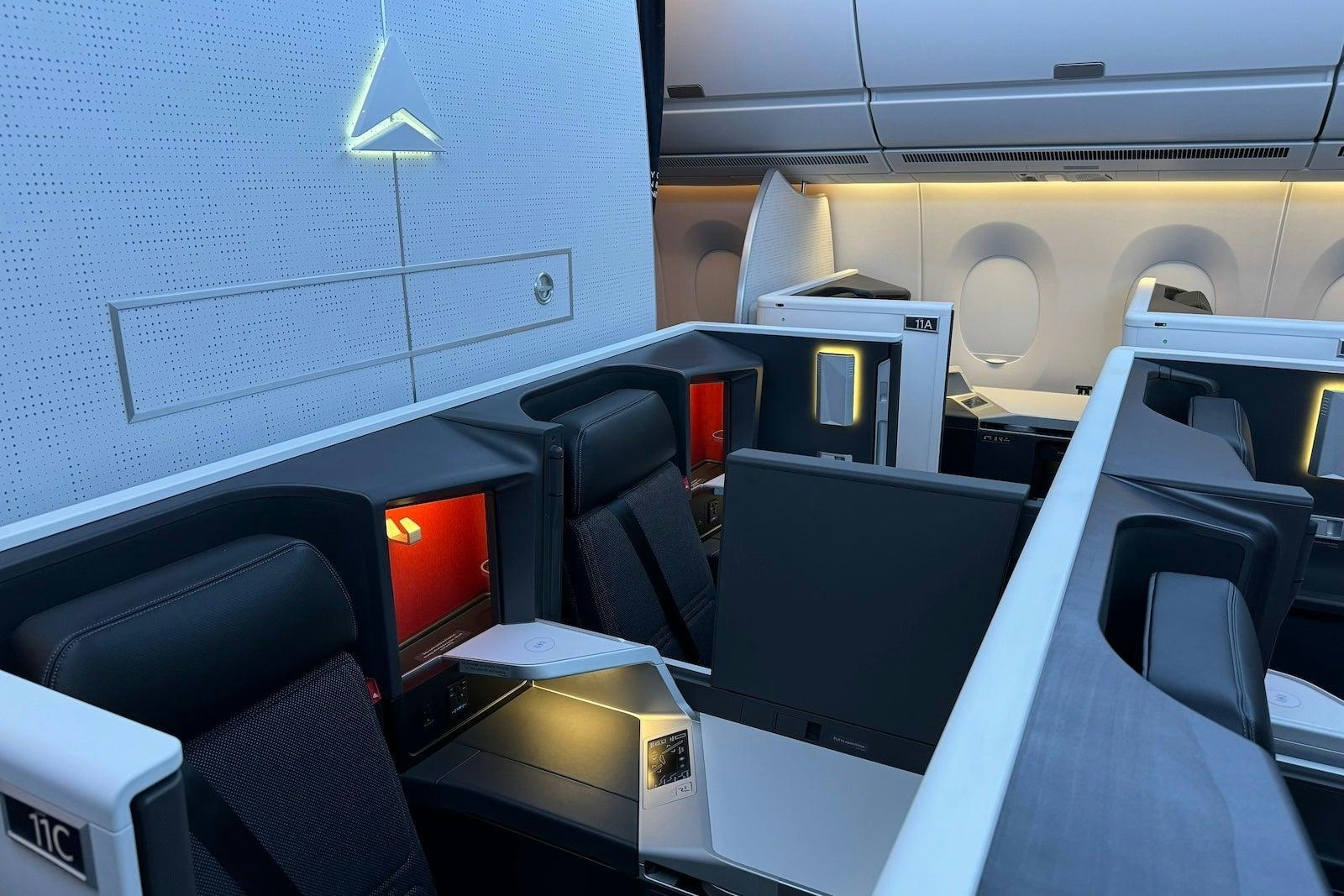
How Airline Technology Is Changing U.S. Domestic Travel in 2026
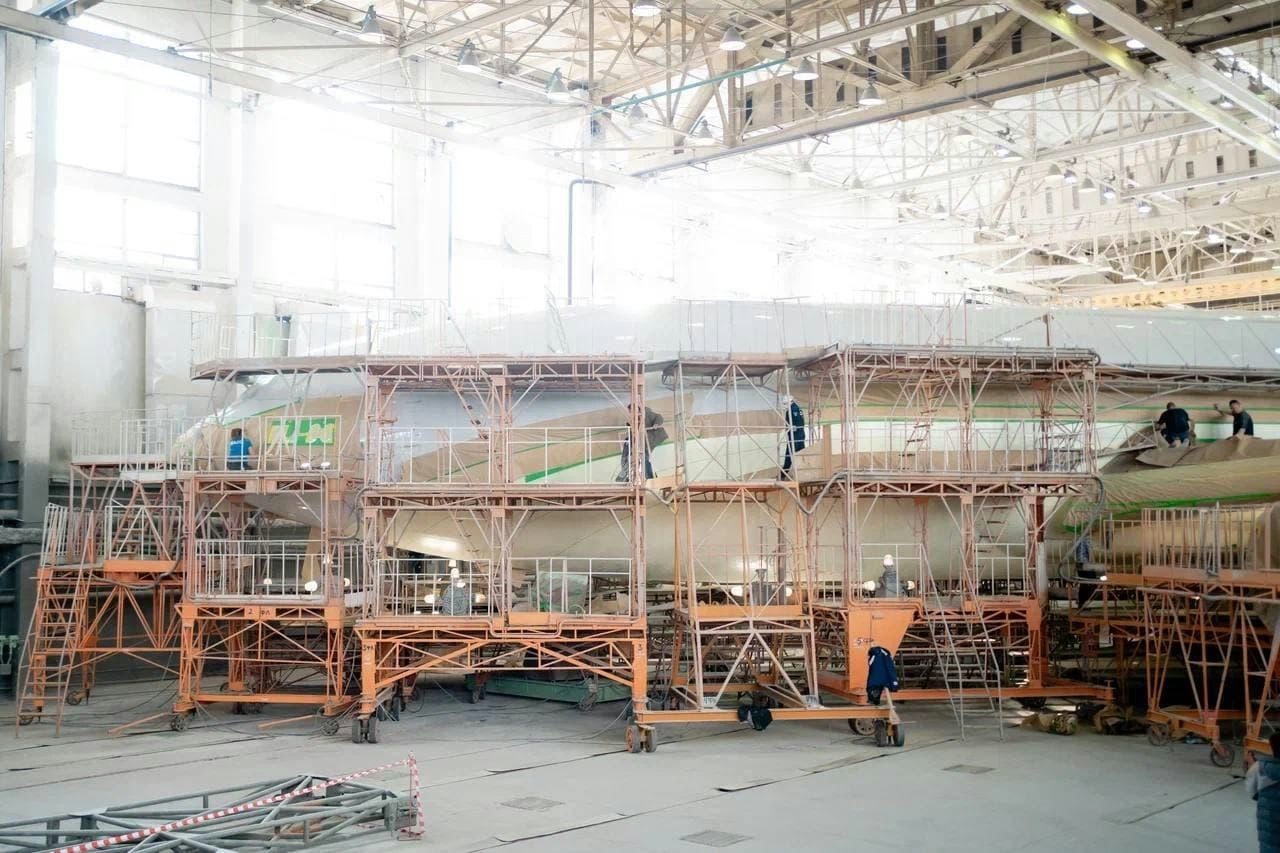
New Il-96 Wide-Body Aircraft Built in Russia; Customer Remains Undisclosed

Japan Airlines Launches JAL Innovation Fund II to Support Technology Ventures
